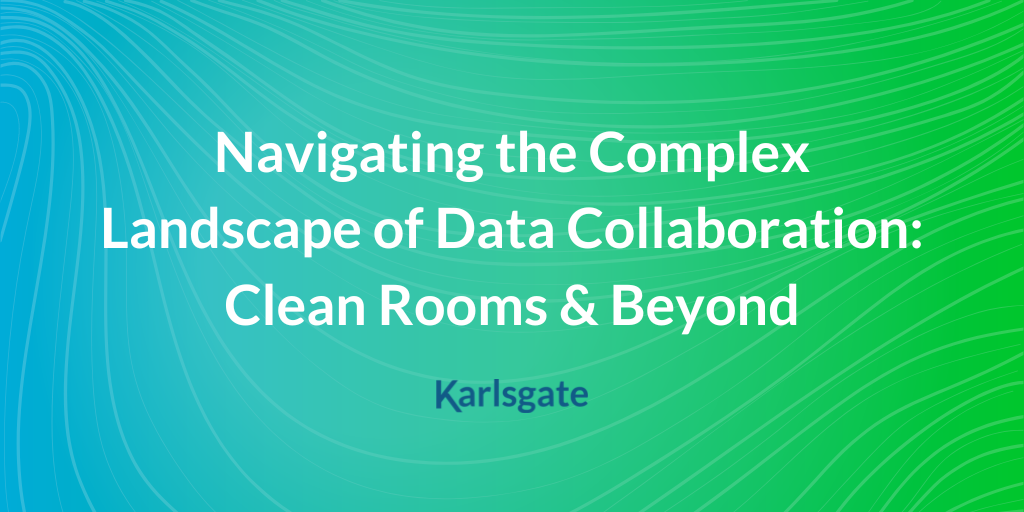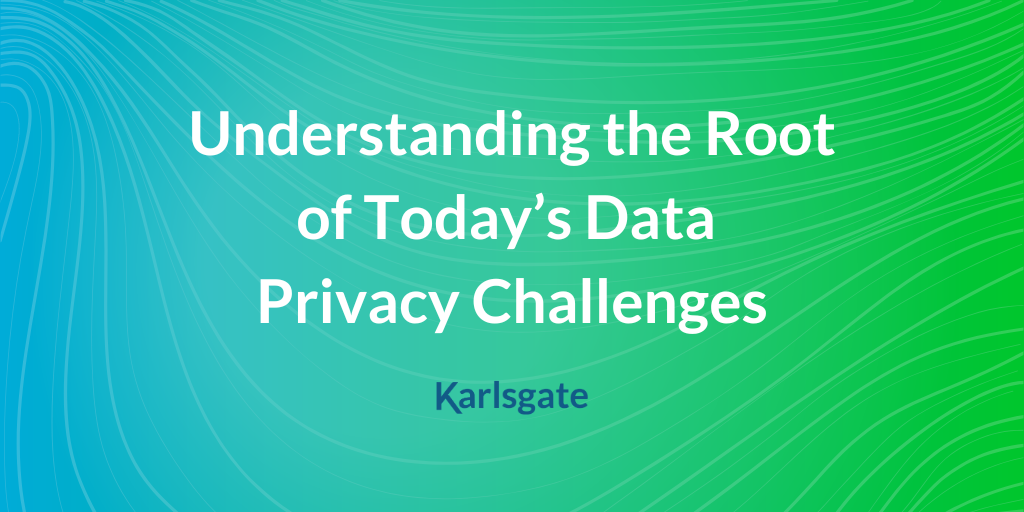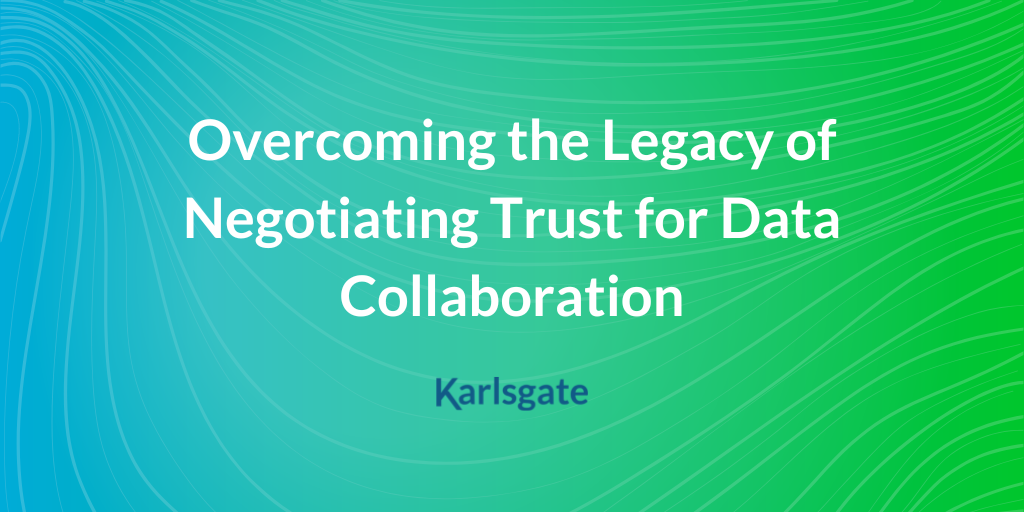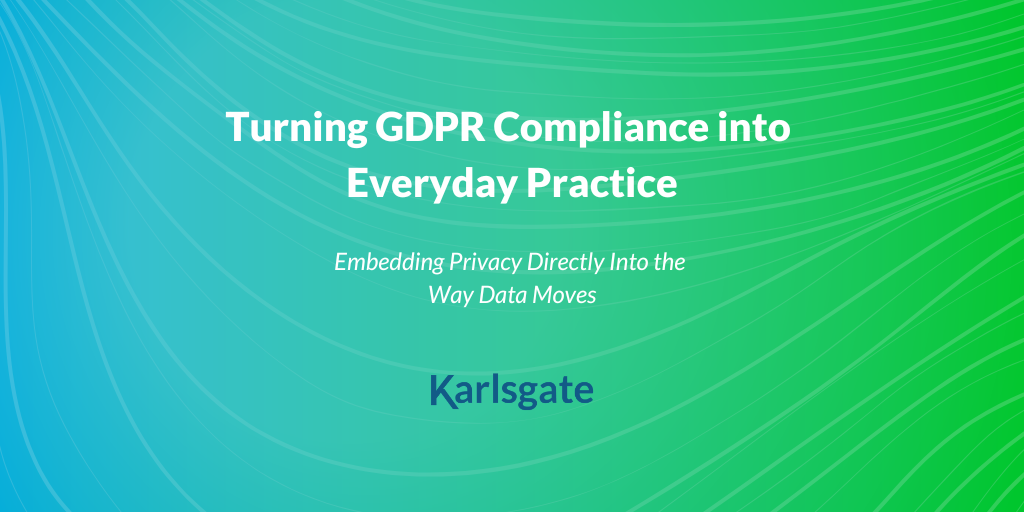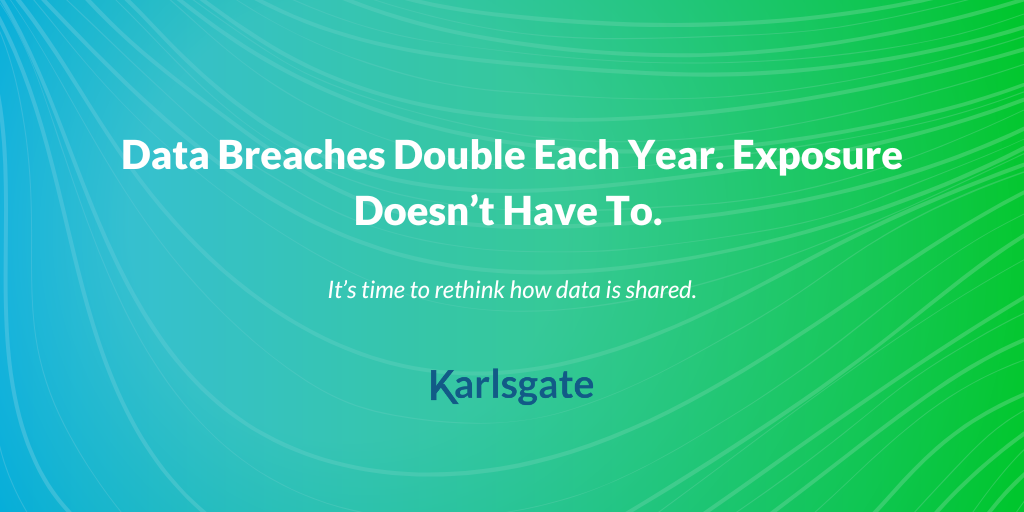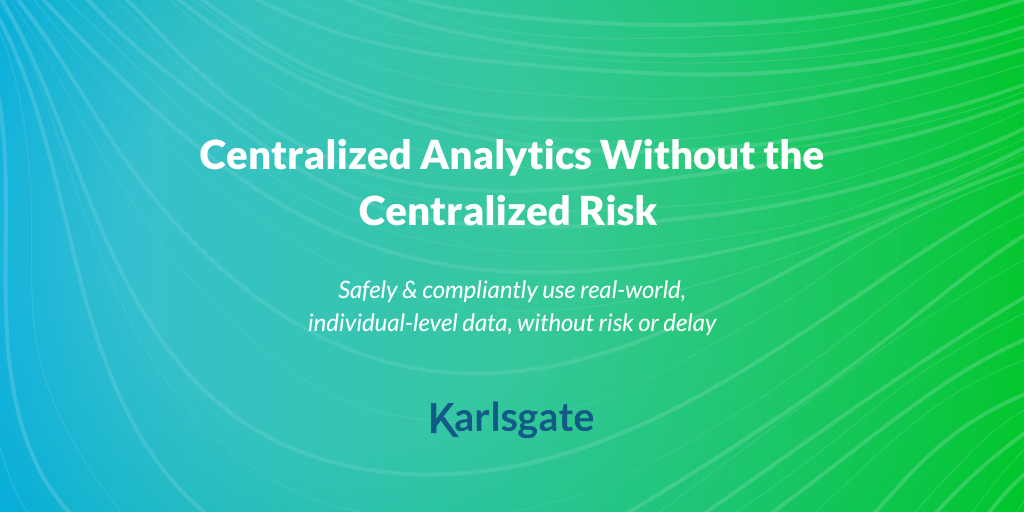In the dynamic world of data collaboration, the buzz around data clean rooms in the industry is palpable. As companies seek innovative ways to collaborate on data while maintaining privacy and...
The ad tech world is desperate to replace third-party cookie data integration and tracking. As companies look to stitch various data sets together for audience building, some are considering a Data Clean Room as a solution. However, since Data Clean Rooms require moving data to a third-party, there are significant drawbacks that need to be considered. At the same time, there are technologies that enable data matching without losing custody of data.
Data owners are wary of sharing PII with third parties
With consumer data privacy regulations like GDPR and CPRA, and tech giants limiting access to data tracking or third-party IDs, digital advertising needs a viable means to match first-party data sets. More importantly, first-party data matching needs to be done securely and in a manner that meets stringent data control requirements.
The biggest challenge facing data owners is protecting customer data once it is copied and moved. As soon as custody of the data is lost, organizations lose visibility and control. Unfortunately, data shared with a partner can be merged into an identity graph or it could be packaged up and sold to other organizations – including direct competitors. Many companies hash or anonymize data before sharing it. However, critics argue that the hashing algorithms commonly used are easy to reverse engineer, enabling re-identification of the data.
The truth about Data Clean Rooms
There’s no way around it: Data centralization is a requirement of data clean rooms. You have to move your customer data to a third-party Data Clean Room provider to match data sets. This exposes data owners to the specific risks they’re trying to avoid: Data retention, re-identification and unauthorized reuse. Giving up data custody to a Data Clean Room just doesn’t make sense for those concerned about controlling customer data. Even in cases where there is pre-processing before transferring to the Data Clean Room, there remains a trust element over who stores the data and who controls the cryptographic keys.
Along with the downside of centralizing data, there are other drawbacks of using Data Clean Rooms. Because a Data Clean Room is a dedicated environment run by a third-party, it’s expensive. There is significant up-front investment required to build out the environment and ongoing data hosting is costly. Not only that, every partner you want to interact with also must buy into that same Data Clean Room, making the total cost of a program significant.
Data matching is also different than what most organizations are used to. The data matching process utilized by Data Clean Rooms relies on probabilistic matching which doesn’t offer the fidelity that most marketers seek for true people-based marketing.
A better alternative to Data Clean Rooms – Partitioned Knowledge Orchestration
A new wave of technologies has emerged in recent years that enable organizations to fundamentally reimagine the way that business partners share data. Advances in cryptographic technology now make it possible to perform analytics on customer files without ever moving your data.
Matches between customer records can be performed without exposing their identity, or resolving to a third-party identity graph, using an emerging cryptographic technique called Partitioned Knowledge Orchestration (PKO). PKO enables end-to-end data connectivity without exposing identities to re-identification due to the automated generation and transmission of single use cryptoidentities. There need not be any centralized site to prepare data for matching with this approach. Insights and signals can be gained without having to send personal data outside your firewall.
Brands, publishers and their partners looking to enable authenticated audiences and match files to support audience building, targeting and measurement have an alternative to losing control of their data. Leveraging technology like cryptoidentities is the best way for companies who want to share data while maintaining complete control to use first-party data to power digital advertising.

